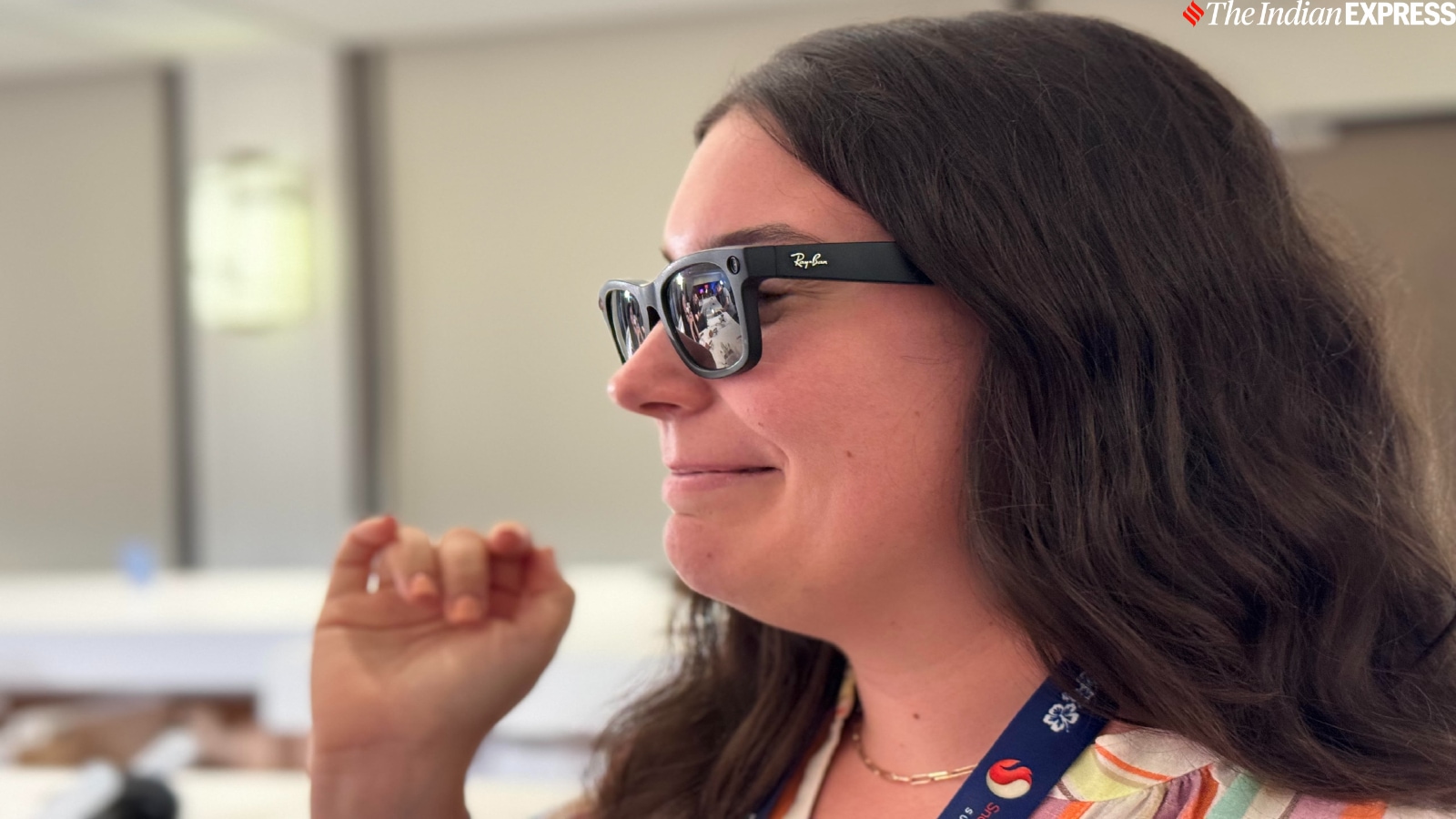EssilorLuxottica, the world’s largest eyewear maker, said that revenue from sales of Ray-Ban Meta smart glasses more than tripled year over year, making the AI-powered glasses a hit among consumers.
The smart glasses contributed to its first-half overall sales of €14.02 billion (US$16.25 billion), representing a 7.3 per cent year-over-year increase, according to earnings released on July 28.
Luxottica owns several high-profile brands, including Ray-Ban, Oakley, Persol, Oliver Peoples, Vogue Eyewear, Arnette, Costa del Mar, and Alain Mikli. The European company also licenses its brands to other companies, such as Giorgio Armani, Burberry, Chanel, and Prada.
The French-Italian company said earlier this year that it has sold 2 million pairs of Ray-Ban Meta glasses, which feature connectivity and artificial intelligence capabilities since late 2023, and that it aims to produce 10 million Meta glasses annually by the end of 2026.
Silicon Valley has been trying to create the next big thing after smartphones for years, and more and more tech companies are now betting on smart glasses as the next major breakthrough. While many, including Google, have tried and failed in the past, tech companies believe the technology has finally caught up, thanks to the artificial intelligence, which is resulting in new type of smart glasses that can see and answer questions about the world around you.
More than a decade ago, Google Glass was seen as the pinnacle of smart glasses technology, but it never caught on. The screen was tiny, the battery life was short, and the glasses themselves were expensive and uncool. Later, smart glasses like Amazon’s Echo Frames, Meta’s original Ray-Ban Stories, and Snap’s Spectacles tried to gain traction by offering simple features like listening to music or taking photos hands-free. Still, those attempts didn’t strike a chord with consumers. However, the launch of the second-generation Ray-Ban Meta glasses in 2023 took the market by storm. Users can do tasks like translating conversations in real time or asking how healthy an item is while browsing in a grocery store.
The surprise success of Meta’s Ray-Ban glasses has set a new benchmark in the industry, and every major tech company is now working on a similar pair of smart glasses including Apple, which is rumoured to launch its own version in 2026. Mark Zuckerberg is investing heavily in marketing the Ray-Ban glasses, and Meta earlier this year hired the former CEO of luxury goods site The RealReal as its new VP of retail for wearables.
Story continues below this ad
In September last year , Meta renewed a long-term partnership agreement with Luxottica to “collaborate into the next decade to develop multi-generational smart eyewear products.”
In June, Meta unveiled its next pair of smart glasses- this time in collaboration with Oakley. These new glasses offer double the battery life of the Meta Ray-Bans and are capable of capturing 3K video. Designed with athletes in mind, the glasses are part of Meta’s expanding wearable portfolio. CNBC reported in June that Meta and Luxottica plan to launch a Prada-branded version of the smart glasses in the future.
The smart glasses market is estimated to grow from 3.3 million units shipped in 2024 to nearly 13 million by 2026, according to ABI Research. Last week, in an interview with indianexpress.com, Alex Katouzian, Group General Manager of Mobile, Compute & XR (MCX) at Qualcomm, revealed that the company, whose chips are found in smart glasses like Ray-Bans, has increased shipments six to seven times compared to previous levels.

